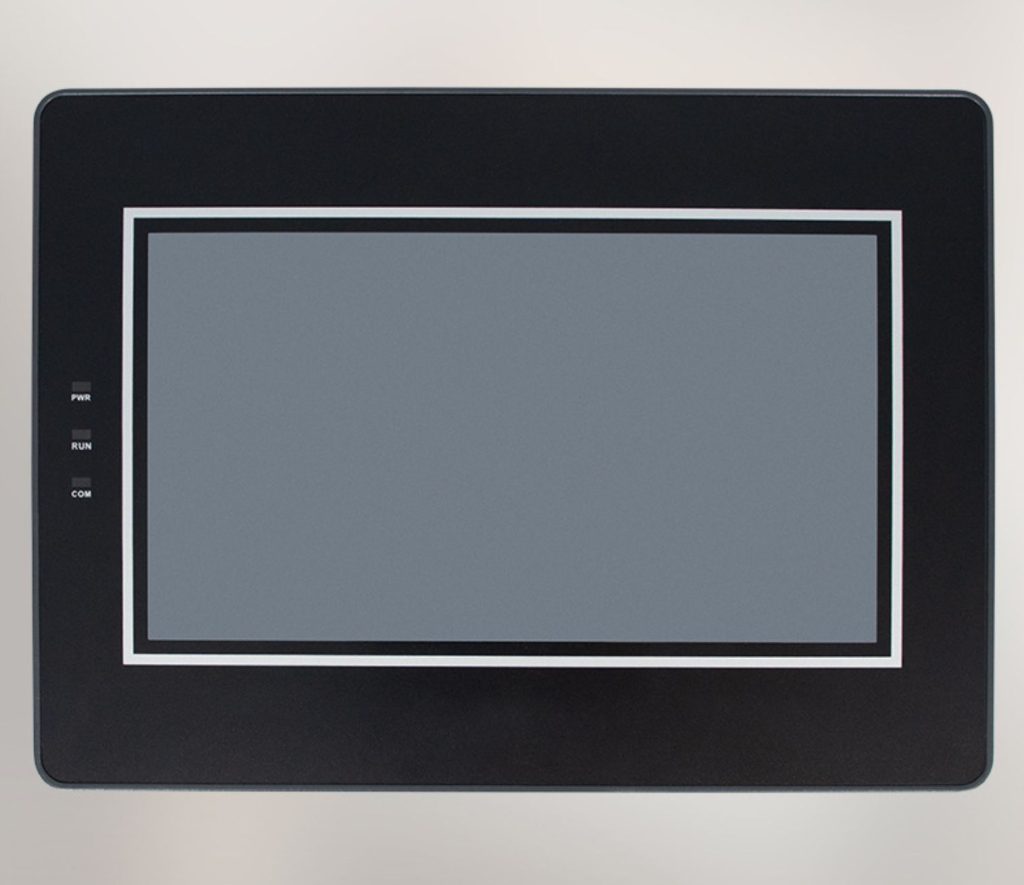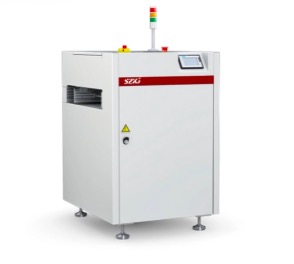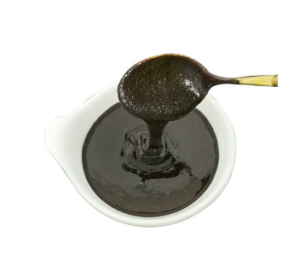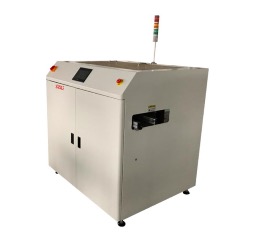The landscape of industrial automation has recently undergone a significant transformation. Gone are the days of clunky push-button interfaces and complex control panels. Today, the HMI PC (Human-Machine Interface Personal Computers) is rapidly taking center stage, offering a user-friendly and intuitive approach to controlling and monitoring industrial processes.
Table of Contents
ToggleWhat is an HMI PC and Why is it Relevant?
An HMI PC essentially combines the processing power of a personal computer with a user-friendly touchscreen interface. The HMI PC has evolved significantly over the years, transitioning from traditional control panels to advanced touchscreen interfaces. This evolution has been driven by the need for streamlined operations, real-time data visualization, and seamless integration with industrial processes. Today, HMI touch screens serve as the bridge between operators and machinery, providing intuitive control and monitoring capabilities.
This powerful duo of powerful processing and touchscreen interface provides industrial operators with a centralized hub for:
Machine Control: HMI PCs enable operators to initiate, adjust, and stop various stages of the production process directly from the touch screen.
Real-Time Monitoring: These systems provide a clear visual representation of key operational parameters, such as temperature, pressure, and production line speed.
Data Acquisition and Analysis: HMI PCs can collect and store valuable production data, allowing for informed decision-making and process optimization.
The Advantages of HMI PCs in Industrial Automation:
For industrial automation, HMI PCs play a pivotal role in optimizing workflows, improving decision-making, and enhancing overall operational efficiency. From manufacturing plants to logistics facilities, these devices facilitate seamless communication between operators and automated systems, enabling real-time monitoring, data analysis, and process optimization. The integration of HMI PCs into industrial automation systems offers a multitude of benefits:
Enhanced User Experience: The intuitive touchscreen interface simplifies operation, reducing training times and improving operator efficiency.
Increased Productivity: HMI PCs allow for faster and more precise control of machinery, leading to smoother production flows and higher output.
Improved Safety: Real-time monitoring capabilities enable operators to identify potential issues before they escalate, promoting a safer working environment.
Scalability and Flexibility: HMI PCs come in various sizes and configurations, catering to the diverse needs of different industrial applications.

Diverse Applications of HMI PCs
The versatility of HMI PCs extends far beyond basic control and monitoring. Here are some additional use cases:
Machine-to-Machine Communication: HMI PCs can facilitate seamless communication between various machines on the production line, optimizing overall system efficiency.
Remote Monitoring and Control: These systems allow authorized personnel to monitor and control industrial processes remotely, ensuring uninterrupted operation even during off-hours.
Data Logging and Reporting: HMI PCs can collect and store valuable production data, enabling detailed analysis and generation of comprehensive reports for performance tracking and improvement.
HMI PCs represent a significant leap forward in industrial automation. Their intuitive interfaces, powerful features, and versatility empower businesses to optimize production processes, enhance operator experience, and achieve greater operational efficiency.
0



